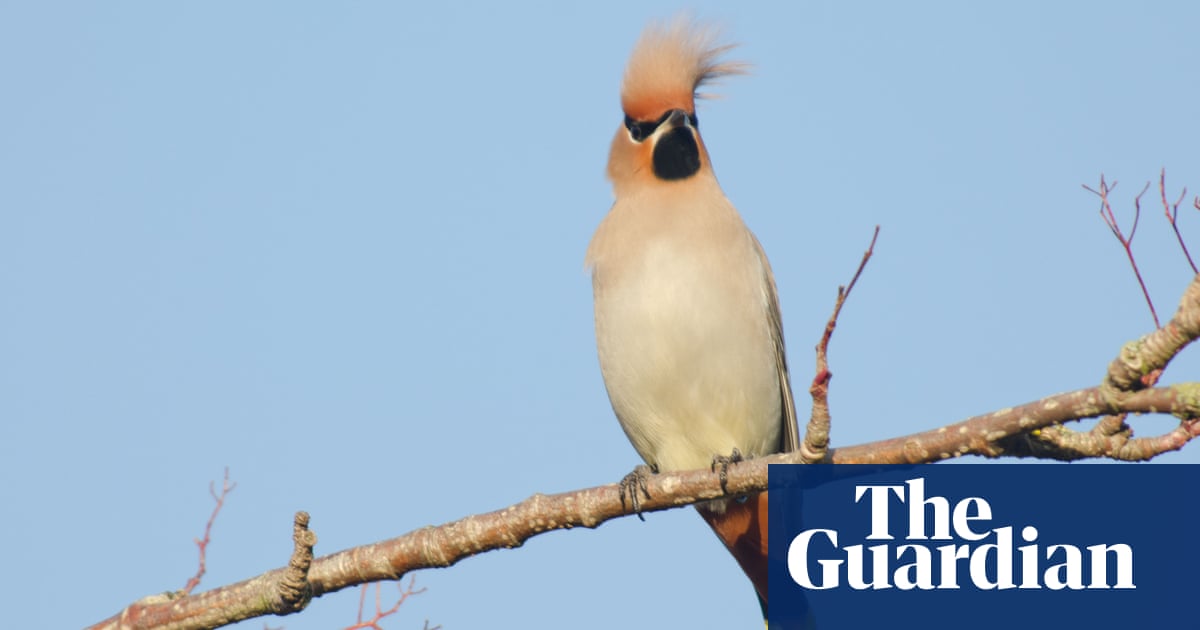The scale of this waxwing winter will be revealed this weekend when people are encouraged to spend an hour recording the birds they see in their gardens, balconies, parks and school grounds.
The spectacular migratory, mohican-sporting birds have been spotted across Britain during the colder weather and will be recorded alongside more familiar sparrows, blackbirds and robins in the RSPB’s annual Big Garden Birdwatch.
“Waxwings are just such a brilliant bird and they always look like punk rockers in the trees,” said Beccy Speight, the chief executive at the RSPB (Royal Society for the Protection of Birds). “People have loved seeing them this winter but I haven’t seen any yet so I’m keeping my eye out for them.”
Data from the long-running garden birdwatch has traced the waxing and waning of bird species in gardens, parks and urban areas, with 38 million fewer birds in our skies than almost half a century ago.
deleted by creator
Removed by mod
This is the best summary I could come up with:
The scale of this waxwing winter will be revealed this weekend when people are encouraged to spend an hour recording the birds they see in their gardens, balconies, parks and school grounds.
The spectacular migratory, mohican-sporting birds have been spotted across Britain during the colder weather and will be recorded alongside more familiar sparrows, blackbirds and robins in the RSPB’s annual Big Garden Birdwatch.
House sparrows traditionally top the list – and did so again last winter, with an average of more than four per count – but have declined by 57% since recording began in 1979.
Starlings have similarly plummeted in number (down 81% since 1979) and many other common species, including robins and blackbirds, are in long-term decline.
In terms of mental health and wellbeing, I just know from my own life, stopping and looking out at the birds just gives me that moment of otherness which I find really restorative.”
Dr Amir Khan, the president of the RSPB said: “Taking a moment out of my busy life to enjoy the birds that visit my garden is incredibly beneficial for my mental health, helping to increase serotonin, known as the happy brain chemical, which lifts my mood and reduces stress levels.
The original article contains 488 words, the summary contains 203 words. Saved 58%. I’m a bot and I’m open source!
Removed by mod
Winter is the time to see them. Here’s some info about where is best..





